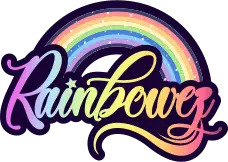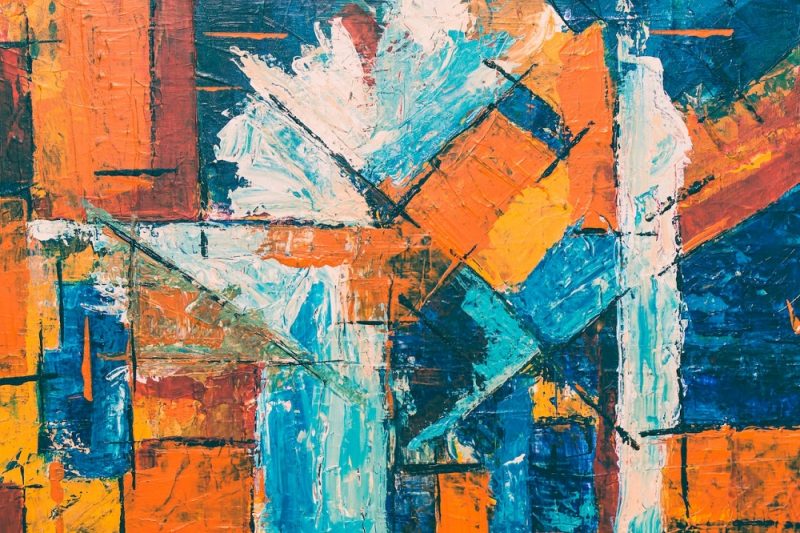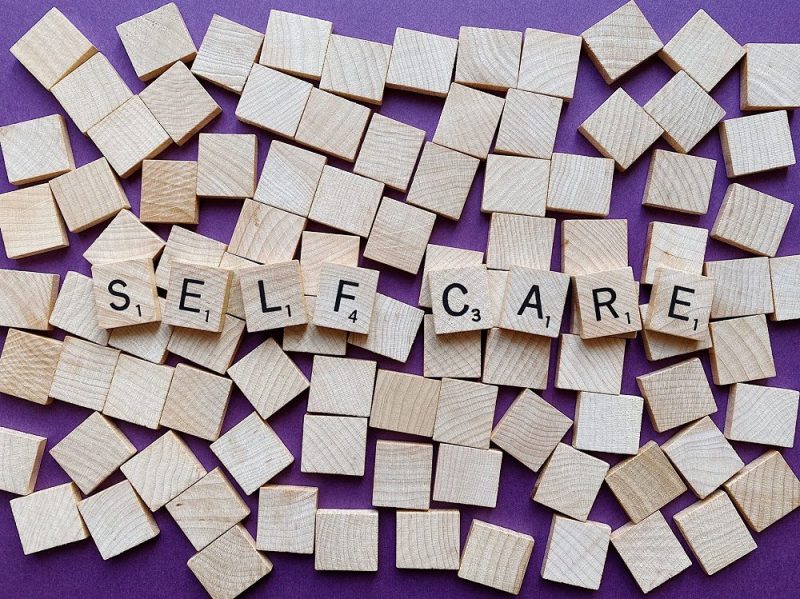Art and science are two profound human endeavors with distinct roles in shaping our understanding of the world. Yet, can one argue that the truth found in art surpasses that which science offers?
It's a bold claim that The Entanglement by Alva Noë explores with great depth, weaving together philosophy, art, and the essence of being human. This exploration delves into the core of human existence, asking why art is a fundamental cornerstone of humanity's story.
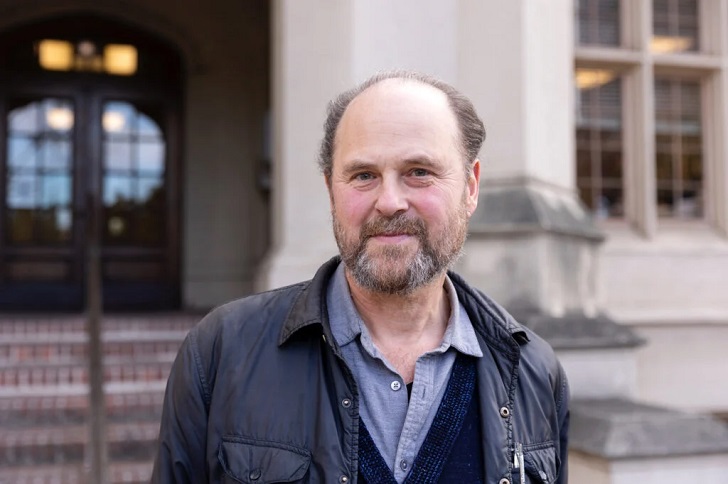
harpersmagazine/ Instagram | Alva Noë's work focuses on the nature of the mind and human experience.
Art's Pivotal Role
In the modern world, science and technology often take the spotlight as the supreme human achievements. On the other hand, art is often relegated to the realm of mere beauty or personal pleasure.
It's seen as important but not possessing the cosmic relevance of general relativity or particle physics theories. However, The Entanglement argues that this hierarchical view is fundamentally flawed. Art, it contends, is as adept at revealing the essentials as science.
The Art of Revealing the Essential
According to Noë, art deepens the philosophical underpinnings that enable humans to unearth hidden truths. This claim hints that art is not just a byproduct of human existence but an integral part of our journey toward understanding our world.
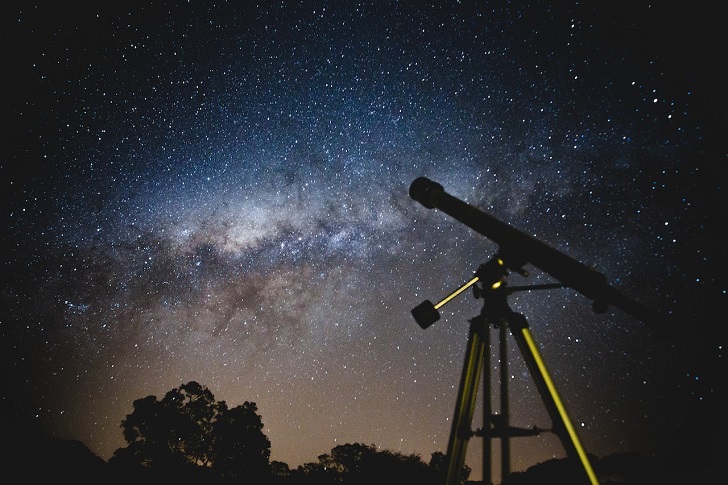
Lucas Pezeta/ Pexels | Science is a way of thinking much more than it is a body of knowledge.
The Constraints of Embodiment
The quote by R.G. Collingwood in the book underscores a fundamental aspect of human existence: our physical embodiment. We don't start as disembodied brains contemplating abstract mathematical physics; we begin with the limitations of our physical bodies.
This embodiment extends further into our cultural constraints. We are born into communities of language users who shape our perceptions of the world, including societal norms and the tools that govern our daily lives.
This intricate web of physical and cultural constraints is why art has always been central to human experience. It's an attempt to break free from the limitations imposed by our bodies and cultures to see the world in a new light.
The Power of Irony and Emancipation
Noë highlights the role of irony as a form of art that subverts language, making the ordinary stand out. This subversion, a kind of emancipation, opens up new perspectives on the world. Art, including irony, becomes a means to "work ourselves over and make ourselves anew, individually and ensemble."

THE/ Instagram | The most potent muse of all is our inner child
Science as an Act of Sympathetic Creation
For science enthusiasts, Noë's insights offer a fresh perspective. Science isn't just about collecting facts; it's a creative interaction with the world rooted in our physical existence. We are entangled with the world; it's not merely an external entity. Art, Noë suggests, is the first step in recognizing this inescapable connection.
The Art of Remaking the World
Art's true power lies in allowing us to re-seen and remake the world. Through art, we recognize the inextricable link between us and the world. This recognition, the understanding that we can reshape our world, is the foundation for genuine scientific exploration and the creation of abstract theories.
